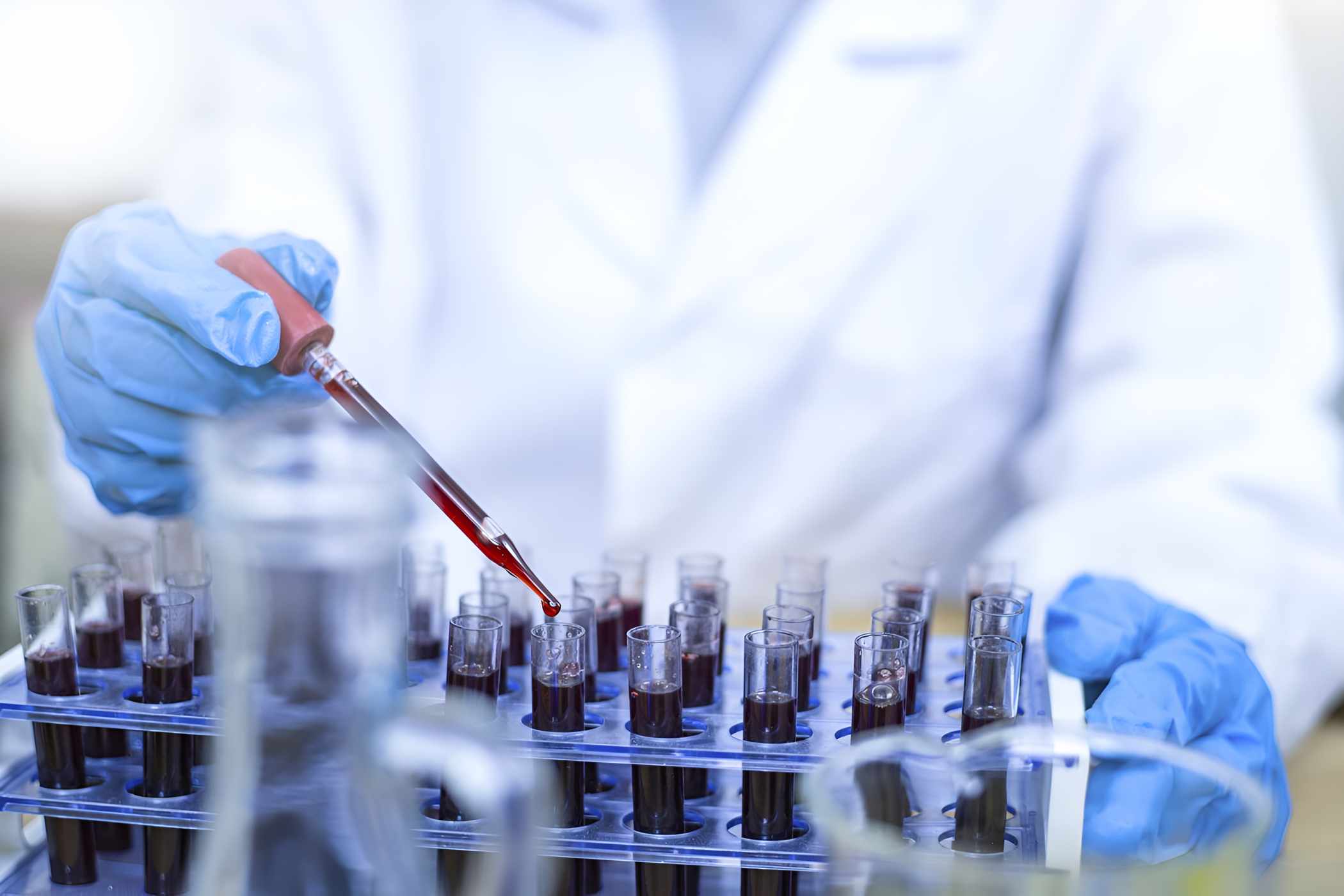Researchers have identified two new genes linked to breast cancer in Black African women, marking a major discovery in efforts to better understand the disease in underrepresented populations.
The study, published in Nature Communications, found that the genes RAB27A and USP22 are connected to breast cancer in Black South African women.
The research, led by the Sydney Brenner Institute for Molecular Bioscience, is the first of its kind to focus on African women living on the continent.
Dr Mahtaab Hayat, who led the study, said the discovery offers a clearer view of how breast cancer develops in African populations.
"These genes have not been associated with the disease before, which is an important advance in understanding breast cancer risk and biology in women of African ancestry," she said.
By analyzing thousands of DNA samples, the team found a strong link between breast cancer and the two genes.
RAB27A belongs to the RAS oncogene family, while USP22 is found to be very active in breast cancer cells and tied to poor survival outcomes.
The findings also reveal the limits of current risk prediction tools, which are mostly based on European genetic data.
"Our study makes a compelling case for investing in genomic research rooted in African contexts," said Hayat.
Co-author Dr Jean-Tristan Brandenburg explained that without African data, it becomes harder to give accurate predictions or design effective treatments for African patients.
Globally, breast cancer is the most common cancer affecting women.
Genetic factors are responsible for around 30% of all cases.
In Kenya, it causes over 6,700 new cases and more than 3,100 deaths every year, according to the National Cancer Institute of Kenya.
The institute encourages early detection, including regular mammograms and healthy living, as the best way to manage the disease.
At the Sydney Brenner Institute, researchers say the new genes could lead to better and more targeted treatments.
"We could potentially target harmful cancer cells while sparing healthy tissue, which is ideally what we want when administering cancer treatment," said Prof Chris Mathew, lead investigator on the study.
Mathew said genes like USP22 might also serve as early warning signs for doctors to identify patients who may need stronger treatment or closer follow-up.
The study also calls attention to the rich genetic diversity across Africa, which remains largely unstudied in global research efforts.
